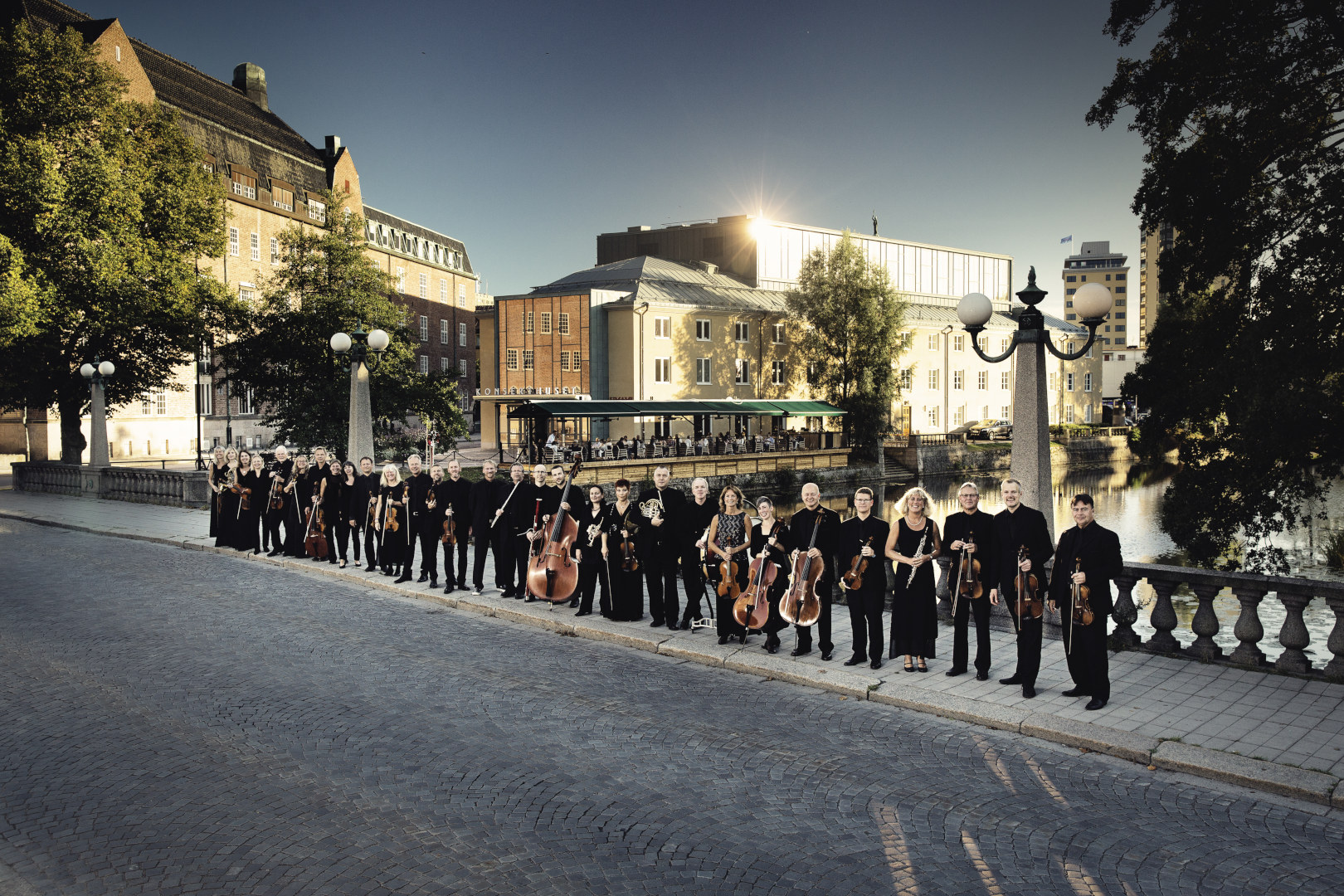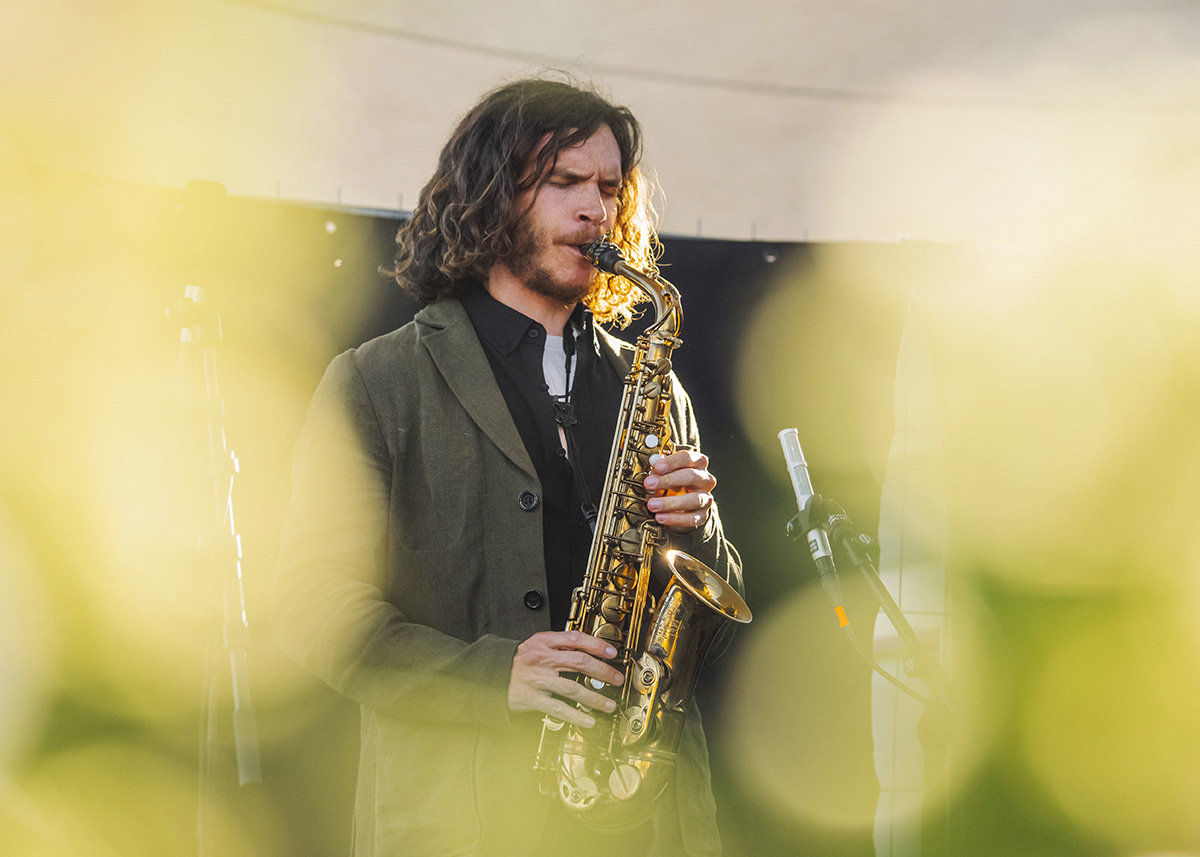Swedish Chamber Orchestra: A distinct musical dialect
Text: Pia Petersson | Photos © Nikolaj Lund

A strong belief in what they do, hard work, and a surprisingly strategic geographical base are part of the formula for success behind The Swedish Chamber Orchestra. Touring internationally, recording albums and introducing music fans all over the world to its inimitable sound, the orchestra now finds itself at an exciting crossroads.
“The difference between a chamber orchestra and a symphonic orchestra are two buses,” chuckles Gregor Zubicky. He is explaining why the Swedish Chamber Orchestra, of which he is artistic manager, has become one of the world’s most successful chamber orchestras. Zubicky emphasises how this comparatively new but decidedly thriving orchestra has turned something that could have been a disadvantage into an advantage, namely its relatively small size compared to its symphonic cousin.
The seventh largest city in Sweden, Örebro was not the most obvious choice as home to The Swedish Chamber Orchestra but has become a key component of its success story. “There were many sort-of left-over bits of different orchestras here when we started in 1995, so the foundation of our orchestra happened quite naturally, organically,” Zubicky says.
Again, the orchestra utilised its eminent ability to turn potential drawbacks into advantages. “Örebro has been significant to us. In a big city, there’s so much that jostles for attention, but here, we’re able to really focus on what we’re doing. We’re definitely made in Örebro,” Zubicky stresses. The town has made sure to return the love of its cherished orchestra. For instance, each of the 39 members of the orchestra has their own rehearsal room at the Örebro Concert Hall, which is rare. “This type of security means we have lots of freedom,” says Zubicky. Clearly, the orchestra has used this freedom the only way it knows how – by proving its potential.
Zubicky explains that, unusually, The Swedish Chamber Orchestra has only had one chief conductor since its foundation. However, they now find themselves at a bit of a juncture, as Thomas Dausgaard is going to hand over the baton to Martin Fröst. “Of course, after 22 years, this marks a new era for us. We have developed our own particular musical dialect. Now we must write a new chapter, developing our dialect further still. Exciting times ahead”, Zubicky concludes.
Home: Örebro Concert Hall, built in 1932 and rebuilt in 2015. Seats 724 people.
Recordings: An impressive 64 CDs, including complete Beethoven, Schubert, Schumann and Brahms cycles.
Composers: Among those who have recently composed for the orchestra are Brett Dean, Olga Neuwirth, Uri Caine, Anders Hillborg, Mark Anthony Turnage, Steven Mackey, Helen Grime and Betsy Jolas.
Subscribe to Our Newsletter
Receive our monthly newsletter by email





